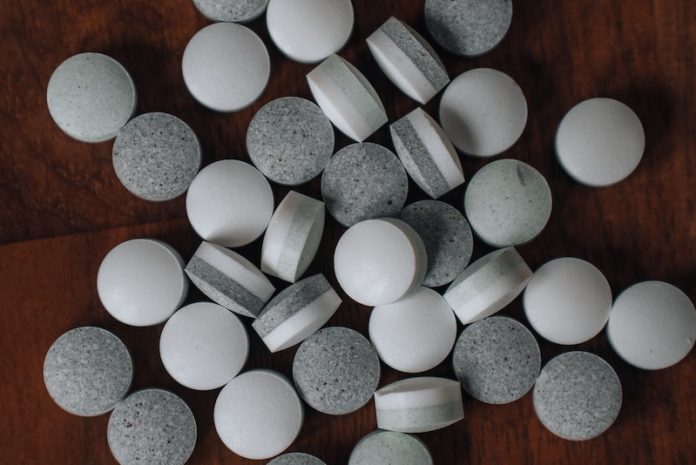
Benzodiazepines are drugs commonly used to help people with anxiety and sleep problems.
People with cancer often take them to relieve anxiety caused by their condition or treatment.
But, did you know that these drugs might have unexpected effects on cancer patients’ survival rates?
A Recent Study Sheds Light
A study led by Dr. Michael Feigin, a professor at Roswell Park Comprehensive Cancer Center, looked into how benzodiazepines affect the survival of patients with pancreatic cancer. The results were surprising.
The study focused on two commonly prescribed benzodiazepines: lorazepam (known as Ativan) and alprazolam (known as Xanax).
Pancreatic Cancer and Its Challenges
Pancreatic cancer is a serious disease that can be tough to treat. It’s often diagnosed at an advanced stage, making it hard to cure. Finding ways to improve survival for pancreatic cancer patients is crucial.
The study found something unexpected. It discovered that lorazepam, the drug known as Ativan, seemed to shorten the time before the cancer progressed in patients.
In contrast, alprazolam, or Xanax, appeared to extend the period before the cancer got worse.
Benzodiazepines in Cancer Care
Benzodiazepines are commonly used in cancer care to help patients cope with anxiety and sleep problems. Many cancer patients face these challenges due to the stress and uncertainty that come with their illness.
The researchers at Roswell Park Comprehensive Cancer Center noticed that a significant number of their patients were using benzodiazepines.
Around 30.9% of patients, being treated for various types of cancer, were prescribed these drugs. Among all cancer types, pancreatic cancer patients had the highest rate of benzodiazepine use, with 40.6% being prescribed these medications.
The Surprising Mechanism
To understand the surprising findings, Abigail Cornwell, the study’s first author, conducted investigations into how these drugs might affect cancer.
Her research suggested that lorazepam (Ativan) activated a specific protein called GPR68. This protein, when activated, promoted inflammation within pancreatic tumors, causing them to grow faster.
On the other hand, alprazolam (Xanax) didn’t activate this protein and even decreased levels of a molecule called IL-6, which is known to promote inflammation.
However, it’s crucial to remember that this study has its limitations. For one, the best dosage of benzodiazepines may differ between mice and humans.
Also, the doses of these drugs varied among the patients in the study. Lastly, some experiments involved using tumors implanted under the skin, which might behave differently from tumors that naturally develop in the pancreas.
While these findings are intriguing, it’s too early to recommend changes in medications for cancer patients.
The study’s lead, Dr. Feigin, advises caution and suggests further research. A clinical trial is in the planning stages to delve deeper into how these medications affect cancer outcomes.
Implications for Patients and Doctors
These findings open up possibilities for more personalized cancer treatments.
Understanding how certain medications can influence cancer outcomes is a step toward tailoring treatments to individual needs.
It may also prompt a reevaluation of the use of benzodiazepines, particularly lorazepam, in cancer care. Healthcare providers may need to exercise caution when prescribing these drugs, especially to patients with certain types of cancer.
In conclusion, this study sheds light on the unexpected link between anxiety medications and pancreatic cancer survival.
While more research is needed to fully understand these effects, it’s a step toward providing better care for cancer patients and improving their chances of survival.
If you care about medicine, please read studies that vitamin D could help lower the risk of autoimmune diseases, and drug for inflammation may stop spread of cancer.
For more information about medicine, please see recent studies about which drug can harm your liver most, and results showing this drug can give your immune system a double boost against cancer.
Follow us on Twitter for more articles about this topic.
Copyright © 2023 Knowridge Science Report. All rights reserved.



